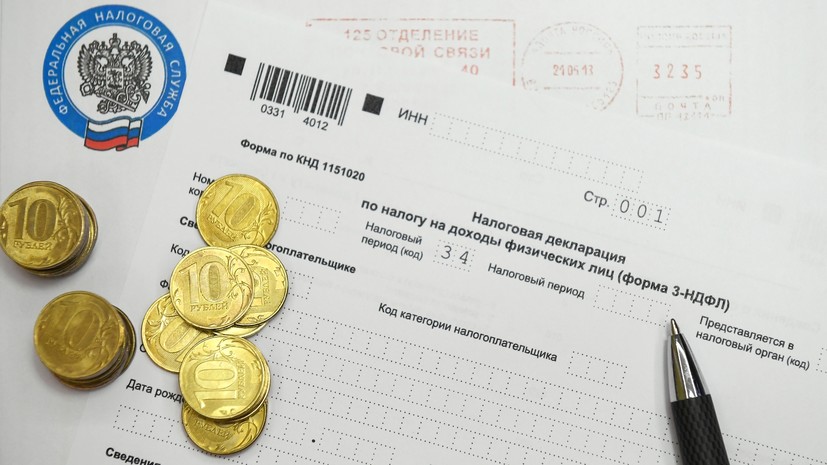Russian President Vladimir Putin signed a law to increase the personal income tax (PIT) rate from 13 to 15% for citizens who earn more than 5 million rubles a year.
The document was published on the official Internet portal of legal information.
Recall that the head of state announced the initiative to introduce an increased income tax for wealthy Russians back in June 2020.
On November 11, the law was adopted by the State Duma, on November 18 - approved by the Federation Council, and on January 1, 2021, it should come into force.
As follows from the document, only that part of income that exceeds 5 million rubles per year will be taxed with an increased tax of 15%.
At the same time, for earnings in the amount of 5 million rubles, the rate will remain at the level of 13%.
Moreover, the increased tax will not be levied on income from the sale of personal property (with the exception of securities), as well as on insurance payments under insurance and pension contracts.
For these incomes, the personal income tax rate will also remain at 13%.
According to the authorities, due to the initiative, over the next three years, the federal budget will receive an additional almost 193 billion rubles.
As Vladimir Putin said earlier, the proceeds will be used to treat children with serious and rare diseases.
“I propose to“ dye ”the funds, as experts say, to protect them from any other use and to target them for the treatment of children with serious, rare diseases: for the purchase of expensive medicines, equipment and rehabilitation means, for high-tech operations,” the president emphasized.
As Pavel Utkin, a leading lawyer at the Parfenon United Legal Center, explained to RT, the authorities' initiative implies a transition from a flat taxation scale to a progressive one.
The corresponding system operated in Russia until 2001.
So, for example, from 1998 to 1999, personal income tax rates in the country ranged from 12 to 35%.
However, since 2001, all Russians have begun to pay income tax at a flat rate of 13%.
“When returning to the progressive scale, there is a possibility that citizens with the lowest income will be able to receive tax breaks in the future.
In general, we repeat the experience of European countries, where we first achieved a high level of tax collection, and then weakened the tax burden on the poorest.
The FTS works extremely effectively, so it has become completely unprofitable to evade taxes because of the high risks, ”Utkin noted.
A similar point of view is shared by the head of the analytical department of AMarkets Artyom Deev.
According to him, in the event of a successful transition to a progressive taxation scale, in the long term, the authorities can exempt poor Russians from personal income tax.
“The new law will affect about 100 thousand Russians, and the budget will additionally receive about 60 billion rubles a year.
In the current environment, this approach looks more socially fair and reasonable.
It is likely that this is the first step, which in the future implies tax cuts or zero for low-income Russians.
Now about 20 million citizens receive less than the living wage, so the development of the initiative should become one of the tools to fight poverty, "Deyev said.
At the same time, the adopted changes in taxation can already give positive results in the fight against serious illnesses in children and adolescents.
Pavel Sigal, the first vice president of the all-Russian public organization for small and medium-sized businesses "Support of Russia", told RT in an interview with RT.
As the expert noted, today the regions do not always have sufficient budgetary funds for emergency treatment of seriously ill children.
“It's no secret that the treatment of children with orphan diseases requires imported drugs, which often cost more than several million rubles.
Therefore, additional funds can qualitatively improve the life of young patients.
It is expected that the money will be used to purchase the necessary medicines, the latest rehabilitation means and modern equipment, which will save hundreds of children with rare ailments, ”the expert concluded.

